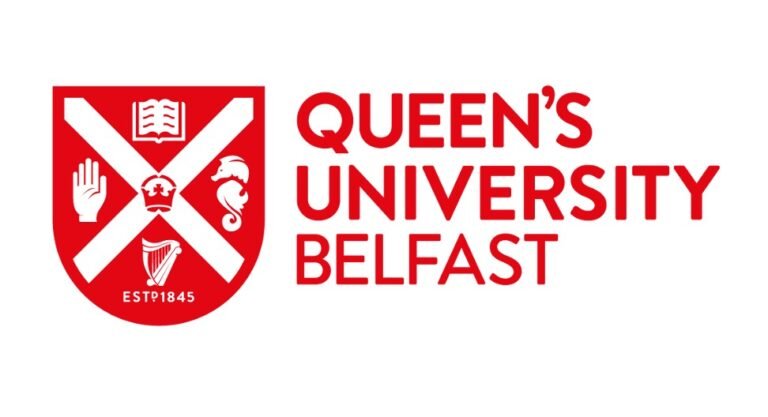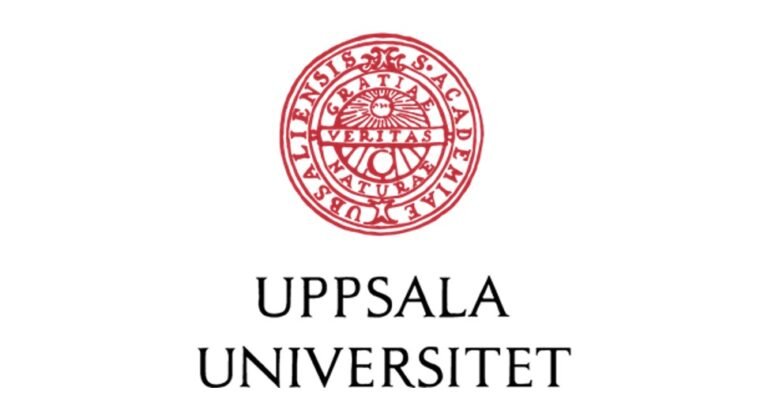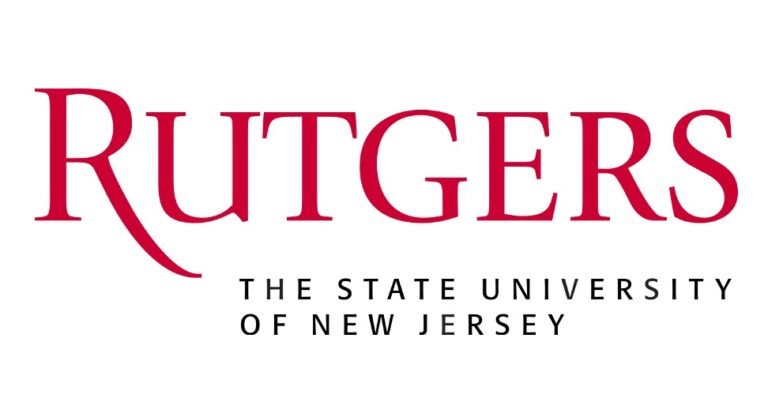Overview
Human activity recognition is a critical research area with wide-ranging applications in healthcare, robotics, virtual reality, and sport analysis.
Human activity recognition is a critical research area with wide-ranging applications in healthcare, robotics, virtual reality, and sport analysis. Numerous contactless solutions have been developed to achieve accurate and robust human activity recognition, such as computer vision, multiview and multimodal learning paradigms. However, each of these methods has limitations, including dependence on lighting conditions, occlusion challenges, and the need of extensive calibration.
With the rapid advancement of IoT, wireless sensing has gained increasing attention due to its ability to operate in low-visibility environments such as dense fog, smoke, snow-storm, and rain, while also offering better privacy protection compared to computer vision-based methods. Among wireless sensing modalities, millimeter wave (mmWave) radar stands out due to its high-resolution sensing capabilities, surpassing alternatives like Wi-Fi and RFID. By extracting and analysing point clouds generated from mmWave radar reflections off the human body, it becomes possible to achieve contactless human activity recognition. Moreover, advancements in artificial intelligence (AI) have the potential to greatly enhance the performance of mmWave radar-based sensing systems.
This PhD project aims to develop an AI-assisted mm-wave radar sensing system to perceive and understand human activities in a contactless and passive manner. By addressing the technical challenges in signal processing, feature extraction, real-time modelling and application-specific adaptation, the project has the potential to contribute significantly to the field of contactless human activity recognition.
Funding Information
To be eligible for consideration for a Home DfE or EPSRC Studentship (covering tuition fees and maintenance stipend of approx. £19,237 per annum), a candidate must satisfy all the eligibility criteria based on nationality, residency and academic qualifications.
To be classed as a Home student, candidates must meet the following criteria and the associated residency requirements:
• Be a UK National,
or • Have settled status,
or • Have pre-settled status,
or • Have indefinite leave to remain or enter the UK.
Candidates from ROI may also qualify for Home student funding.
Previous PhD study MAY make you ineligible to be considered for funding.
Please note that other terms and conditions also apply.
Please note that any available PhD studentships will be allocated on a competitive basis across a number of projects currently being advertised by the School.
A small number of international awards will be available for allocation across the School. An international award is not guaranteed to be available for this project, and competition across the School for these awards will be highly competitive.
Academic Requirements:
The minimum academic requirement for admission is normally an Upper Second Class Honours degree from a UK or ROI Higher Education provider in a relevant discipline, or an equivalent qualification acceptable to the University.
Entrance requirements
Graduate
The minimum academic requirement for admission to a research degree programme is normally an Upper Second Class Honours degree from a UK or ROI HE provider, or an equivalent qualification acceptable to the University. Further information can be obtained by contacting the School.
International Students
For information on international qualification equivalents, please check the specific information for your country.
English Language Requirements
Evidence of an IELTS* score of 6.0, with not less than 5.5 in any component, or equivalent qualification acceptable to the University is required (*taken within the last 2 years).
International students wishing to apply to Queen’s University Belfast (and for whom English is not their first language), must be able to demonstrate their proficiency in English in order to benefit fully from their course of study or research. Non-EEA nationals must also satisfy UK Visas and Immigration (UKVI) immigration requirements for English language for visa purposes.
For more information on English Language requirements for EEA and non-EEA nationals see: www.qub.ac.uk/EnglishLanguageReqs.
If you need to improve your English language skills before you enter this degree programme, INTO Queen’s University Belfast offers a range of English language courses. These intensive and flexible courses are designed to improve your English ability for admission to this degree.
How to Apply
Apply using our online Postgraduate Applications Portal and follow the step-by-step instructions on how to apply.
Find a supervisor
If you’re interested in a particular project, we suggest you contact the relevant academic before you apply, to introduce yourself and ask questions.
To find a potential supervisor aligned with your area of interest, or if you are unsure of who to contact, look through the staff profiles linked here.
You might be asked to provide a short outline of your proposal to help us identify potential supervisors.






